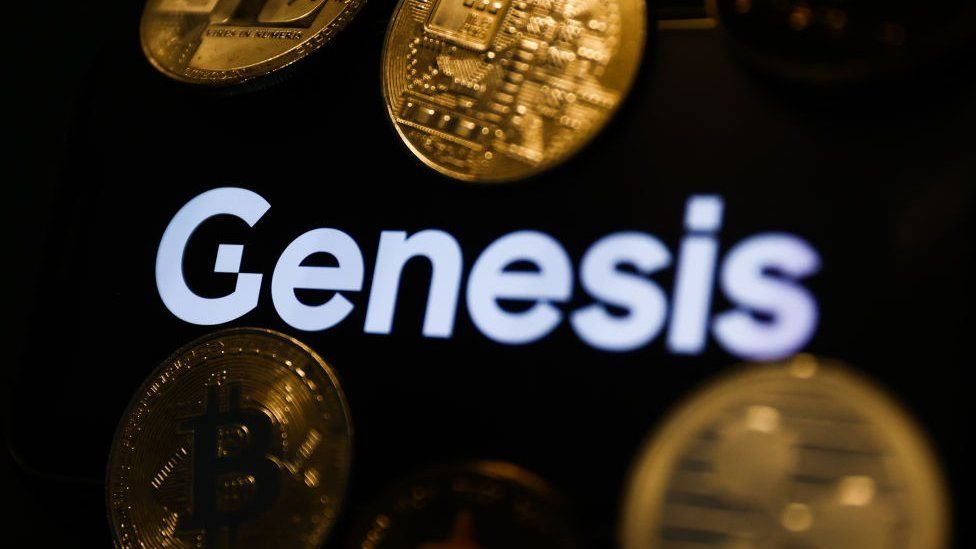The Financial Times says that Genesis, a group of more than 200 businesses that lend and trade in crypto, has filed for bankruptcy after the FTX exchange crashed. Genesis was one of the biggest lenders on FTX. It had stopped withdrawals in November and laid off 30% of its staff earlier this month, according to BBC News. Genesis is part of the Digital Currency Group (DCG), which also owns cryptocurrency asset manager Greyscale and cryptocurrency-focused news site CoinDesk.
The crypto firm had been in limbo for months before it went bankrupt. The Financial Times reported earlier this month that Genesis owes more than $3 billion to its creditors, including almost $1 billion to Gemini customers. Genesis has assets and debts in the hundreds of millions, according to its Chapter 11 bankruptcy filings. One of its subsidiaries, Genesis Global Capital, has assets and debts in the billions, and it has more than 100,000 creditors.
In a statement, Genesis’ interim CEO Derar Islim said, “We look forward to moving forward with our talks with DCG and our creditors’ advisers as we try to find a way to maximise value and give our business the best chance to be well-positioned for the future.” “A restructuring in court is the best way to keep assets and make sure that everyone who has a stake in Genesis gets the best possible outcome.”
Several news sources said in November 2018 that Genesis was trying to get more than $1 billion from investors, including Binance. The exchange had said before that it would buy out FTX, but then changed its mind. According to The Wall Street Journal, the exchange has now decided not to invest. Genesis says it now has more than $150 million in cash on hand to pay for its operations and reorganisation.
Just like how FTX’s bankruptcy affected many other parts of the crypto industry (and how Three Arrows Capitol’s bankruptcy did the same, with Genesis saying that was one of the reasons it had liquidity problems), it’s possible that Genesis’ fall could spread the crypto contagion even more.




